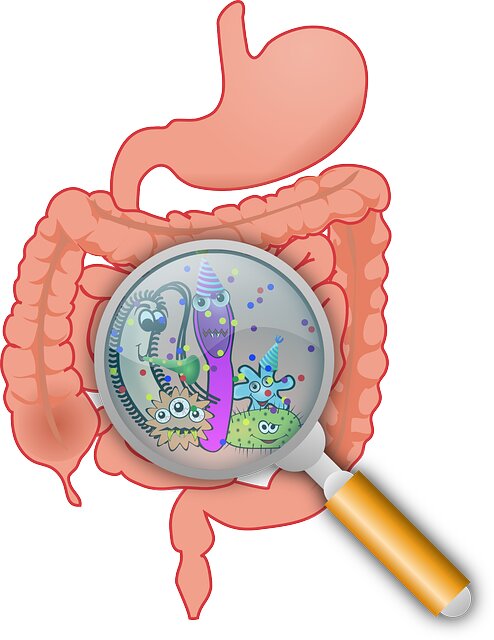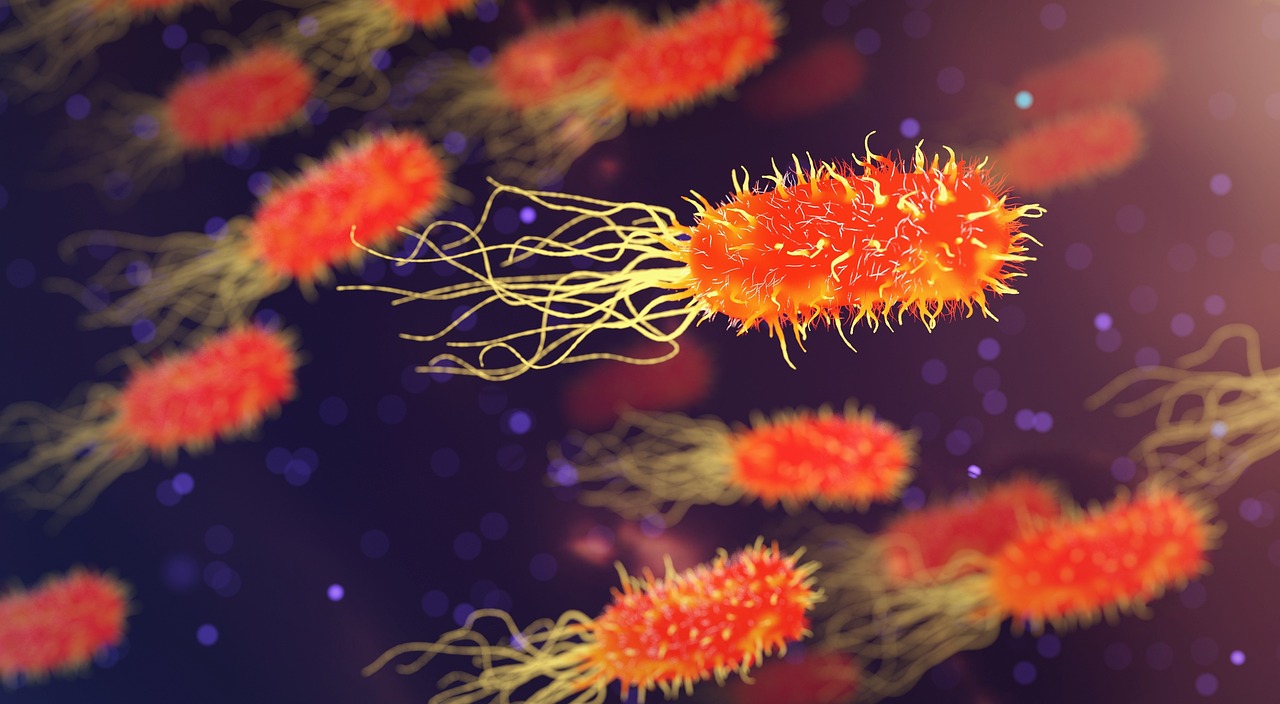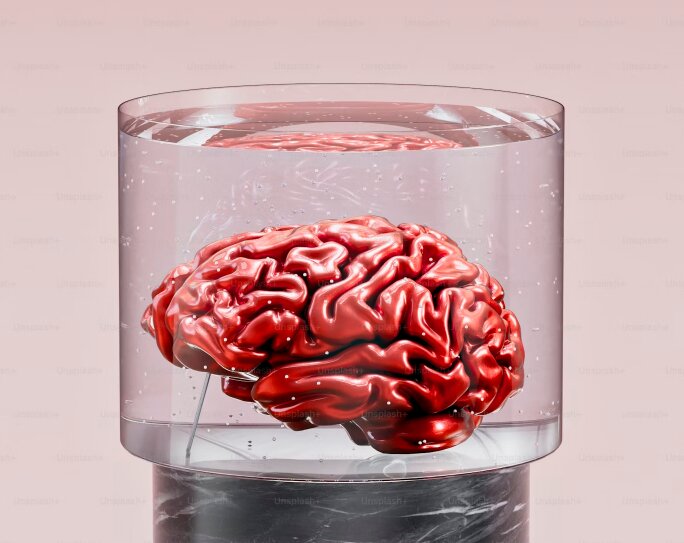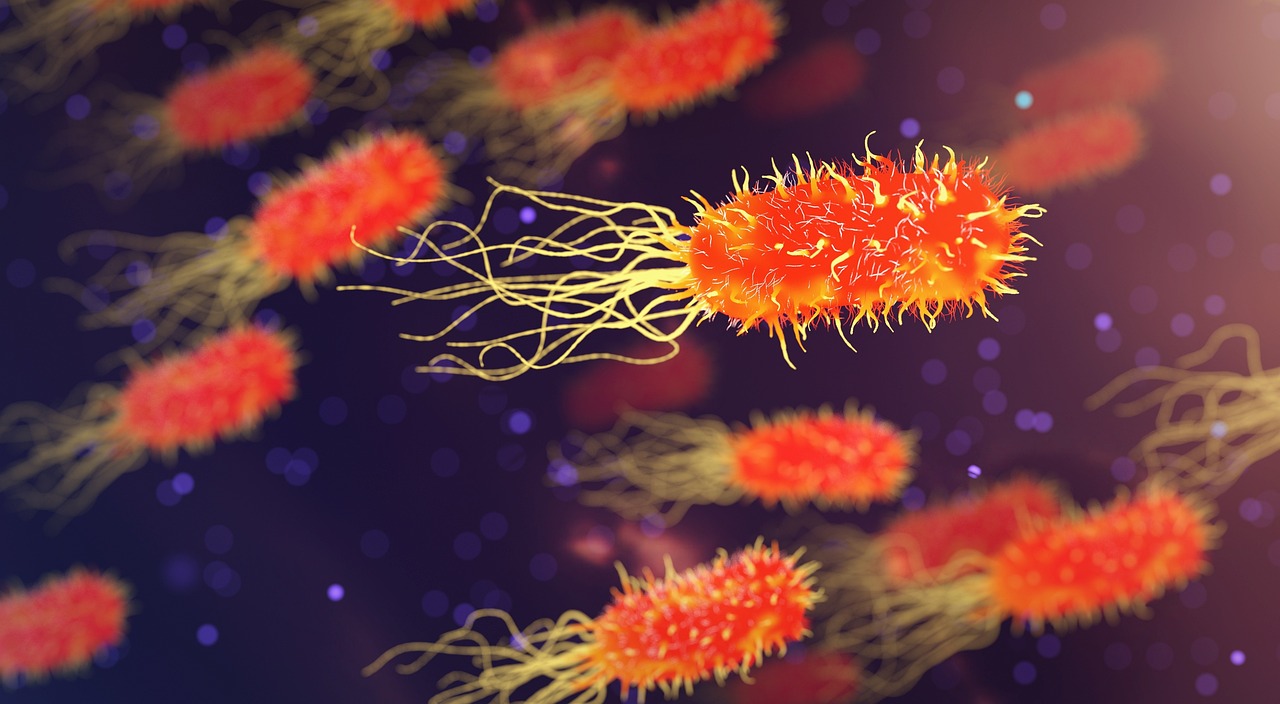Gut Health and Microbiome
A biome is a unique ecosystem defined by its specific environment and the species that live there. Our gut which is located within our intestines, functions as a small-scale biome, home to trillions of tiny microorganisms. These include more than a thousand types of viruses, fungi, bacteria, and parasites.
Gut Microbiome is very important and unique. Infants acquire their initial gut microbes through breastfeeding or during vaginal birth. Their diet and various environmental factors introduce additional microbes to their gut as they grow. However, some of these influences can negatively affect and reduce the diversity of the gut microbiota.
Function of Gut Microbiota
The gut microbiota plays a crucial role in fermenting non-digestible substances such as dietary fibers and intestinal mucus. This fermentation process fosters the growth of specialized microbes that generate gases and short-chain fatty acids (SCFAs). The primary SCFAs produced include propionate, acetate, and butyrate.
Propionate is transported to the liver, where it helps regulate gluconeogenesis and signals satiety by interacting with gut fatty acid receptors. Acetate, the most abundant SCFA and a key metabolite for the growth of other bacteria, reaches peripheral tissues, contributing to cholesterol metabolism, and lipogenesis, and may also play a role in regulating appetite in the brain.
Randomized controlled trials have demonstrated that increased SCFA production is associated with a reduction in diet-induced obesity and improved insulin sensitivity. While butyrate and propionate, but not acetate, appear to influence gut hormones, reduce appetite, and decrease food intake in mice, gut microbial enzymes also play a role in bile acid metabolism. These enzymes produce unconjugated and secondary bile acids, which act as signaling molecules and metabolic regulators that impact crucial host pathways.
Butyrate is the primary energy source for human colonocytes, promoting apoptosis in colon cancer cells, and stimulating intestinal gluconeogenesis, contributing to improved glucose and energy balance. Epithelial cells must utilize significant amounts of oxygen via β-oxidation, creating a hypoxic environment that helps maintain oxygen levels in the gut, thereby preventing gut microbiota dysbiosis.
Certain specific metabolites produced by the gut microbiota have been directly linked to human health outcomes. For instance, indole-propionic acid and trimethylamine are examples of such compounds. The gut microbiota is responsible for producing trimethylamine from dietary phosphatidylcholine and carnitine (especially in meat and dairy), and its levels in the blood can vary from person to person. Trimethylamine is then converted in the liver to trimethylamine N-oxide, which is associated with an increased risk of atherosclerosis and major cardiovascular events.
On the other hand, indole-propionic acid is strongly correlated with dietary fiber intake and exhibits significant antioxidant activity in vitro, which may help reduce the risk of developing type 2 diabetes.
Effect on Body
The gut microbiome refers to the trillions of microorganisms, including bacteria, fungi, viruses, and other microbes, that live in the digestive tract, particularly in the intestines. These microbes play a vital role in human health, influencing a wide range of bodily functions. Here's an overview of how the gut microbiome impacts the human body:
1. Digestive Health
- Absorption of Nutrients: The gut microbiome helps break down complex fibers, carbohydrates, and proteins that the body cannot digest. In doing so, it produces short-chain fatty acids (SCFAs) like butyrate, which support overall gut health and nourish the cells lining the colon.
- Metabolism of Dietary Components: Certain gut microbes help metabolize foods, turning them into beneficial compounds, while other components if imbalanced, may contribute to the production of harmful substances.
2. Regulation of Immune System
- Immune Response Modulation: The gut is a major site of immune activity, with about 70-80% of the immune system located there. The microbiome helps train the immune system to distinguish between harmless substances and harmful pathogens. A balanced microbiome supports immune tolerance, reducing the risk of autoimmune diseases and allergies.
- Gut-Associated Lymphoid Tissue (GALT): The gut microbiome interacts with GALT to regulate immune cells, which play a key role in defending against infections and maintaining immune balance.
3. Mental Health (Gut-Brain Axis)
- Brain Communication: The gut and the brain are connected through the "gut-brain axis," a complex signaling system involving neural, hormonal, and immune pathways. The gut microbiome can influence brain function and behavior by producing neurotransmitters like serotonin (about 90% of which is produced in the gut), dopamine, and GABA.
- Mental Health Disorders: Disruptions in the gut microbiome, known as "dysbiosis," have been linked to conditions such as depression, anxiety, autism spectrum disorders, and even neurodegenerative diseases like Parkinson's and Alzheimer's.
4. Metabolism and Weight Regulation
- Energy Extraction: Gut bacteria play a key role in breaking down and fermenting dietary fibers and other nutrients, which impacts how effectively the body extracts energy from food. The composition of the microbiome can influence the efficiency of calorie absorption, potentially affecting obesity risk and weight management.
- Insulin Sensitivity and Metabolic Health: An imbalance in the gut microbiome has been linked to insulin resistance, type 2 diabetes, and obesity. Certain microbial communities may promote inflammation, contributing to the development of metabolic disorders.
5. Protection Against Pathogens
- Colonization Resistance: A well-balanced microbiome protects the body from harmful pathogens by competing for resources and producing antimicrobial compounds, acting as a natural defense against infections.
- Pathogen Exclusion: A healthy microbiome maintains an environment that prevents the establishment of harmful microbes, thereby reducing the risk of gastrointestinal infections and other illnesses.
 6. Chronic Inflammatory Diseases
6. Chronic Inflammatory Diseases
- Regulation of Inflammation: The gut microbiome plays a key role in modulating systemic inflammation. When the microbiome is imbalanced (dysbiosis), it has been associated with inflammatory conditions such as inflammatory bowel diseases (IBD), including Crohn's disease and ulcerative colitis.
- Chronic Inflammation: Dysbiosis can contribute to persistent low-grade inflammation, which is linked to the development of various diseases, including cardiovascular disease, diabetes, and autoimmune disorders.
7. Impact on Skin Health
- Gut-Skin Immune Interaction: The gut microbiome can impact skin health by regulating immune system activity. Conditions such as acne, eczema, and psoriasis may be associated with gut dysbiosis, where an imbalance in gut microbes leads to inflammatory responses that affect the skin.
- Microbiome-Skin Connection: Studies suggest that probiotics, which promote gut health, may offer benefits for skin conditions by modulating immune function and inflammatory pathways.
8. Hormonal Balance
The gut microbiome is involved in the metabolism of hormones, including estrogen. Certain bacteria produce enzymes that can affect estrogen levels in the body, potentially influencing conditions such as breast cancer, menopause symptoms, and other hormone-related disorders.
9. Antibiotic Effects and Resistance
- Antibiotic Use: Antibiotics can disturb the gut microbiome by eliminating beneficial bacteria, which allows harmful microbes to grow unchecked. This imbalance can result in issues such as antibiotic-associated diarrhea, yeast infections, and chronic dysbiosis.
- Antimicrobial Resistance: Overuse of antibiotics can also contribute to the development of antibiotic-resistant bacteria, which are more difficult to treat and can lead to serious infections.
Influences on the Microbiome
Several factors can influence the composition and diversity of the gut microbiome, including:
- Diet: A diet rich in fiber, fruits, vegetables, and fermented foods promotes a diverse and healthy microbiome. High-sugar, high-fat, and processed foods can lead to dysbiosis.
- Antibiotics and Medications: Antibiotic use can disrupt the balance of gut microbes. Other medications, including proton pump inhibitors (PPIs) and certain antidepressants, can also affect gut health.
- Stress: Chronic stress can negatively impact the gut microbiome, potentially leading to gut permeability (leaky gut) and inflammation.
- Sleep: Quality sleep supports a healthy gut microbiome, while poor sleep can lead to a night of disturbed sleep.
- Environmental Factors: Exposure to environmental toxins, chemicals, and pollutants can also influence the gut health of the microbiome.

The gut microbiome is integral to a wide range of physiological processes, from digestion and metabolism to immune function and mental health. Maintaining a balanced and diverse microbiome is essential for overall health, and factors like lifestyle, diet, and medication can profoundly influence microbial balance. Understanding and optimizing gut health has become an increasingly important area of research in medicine and wellness.





















